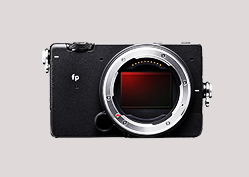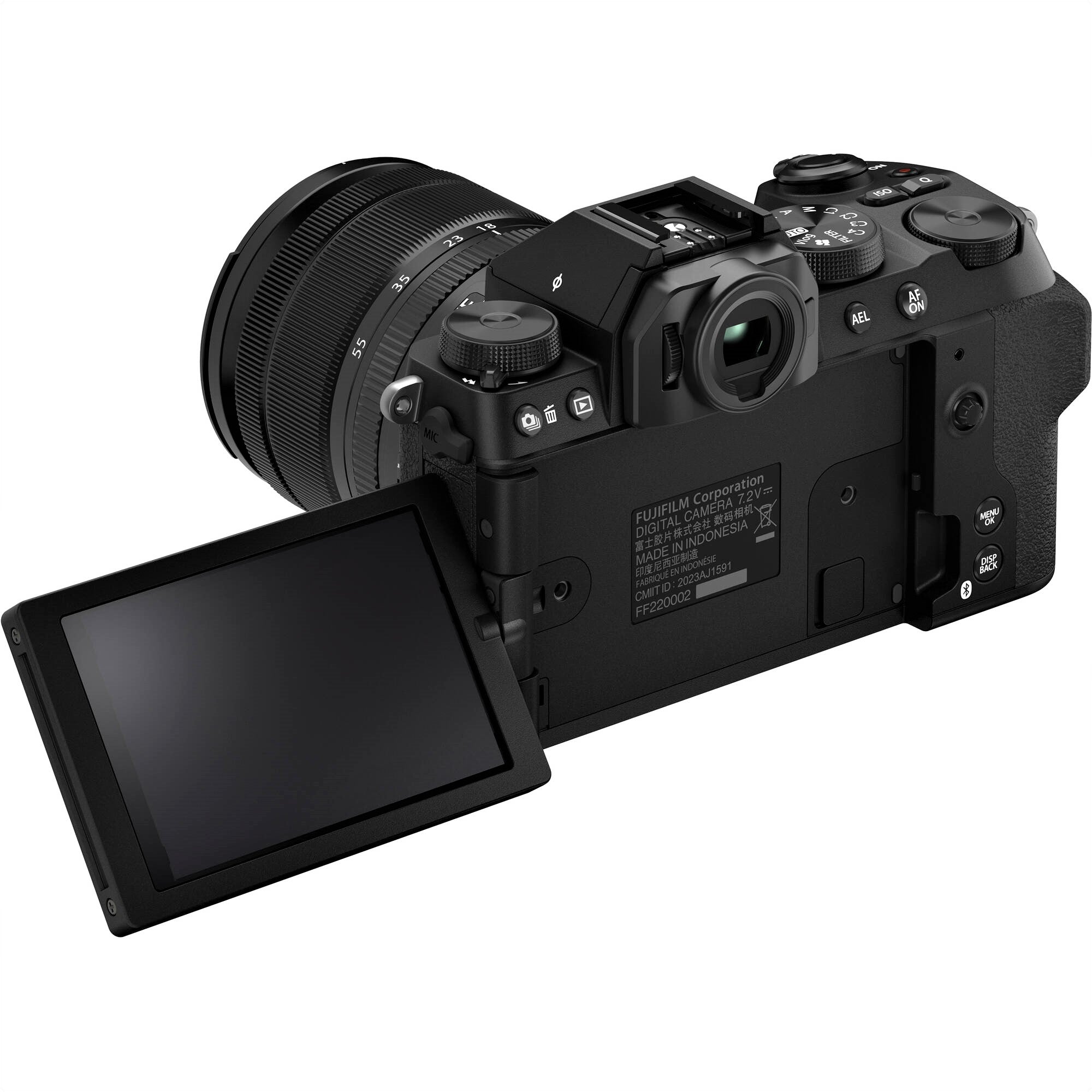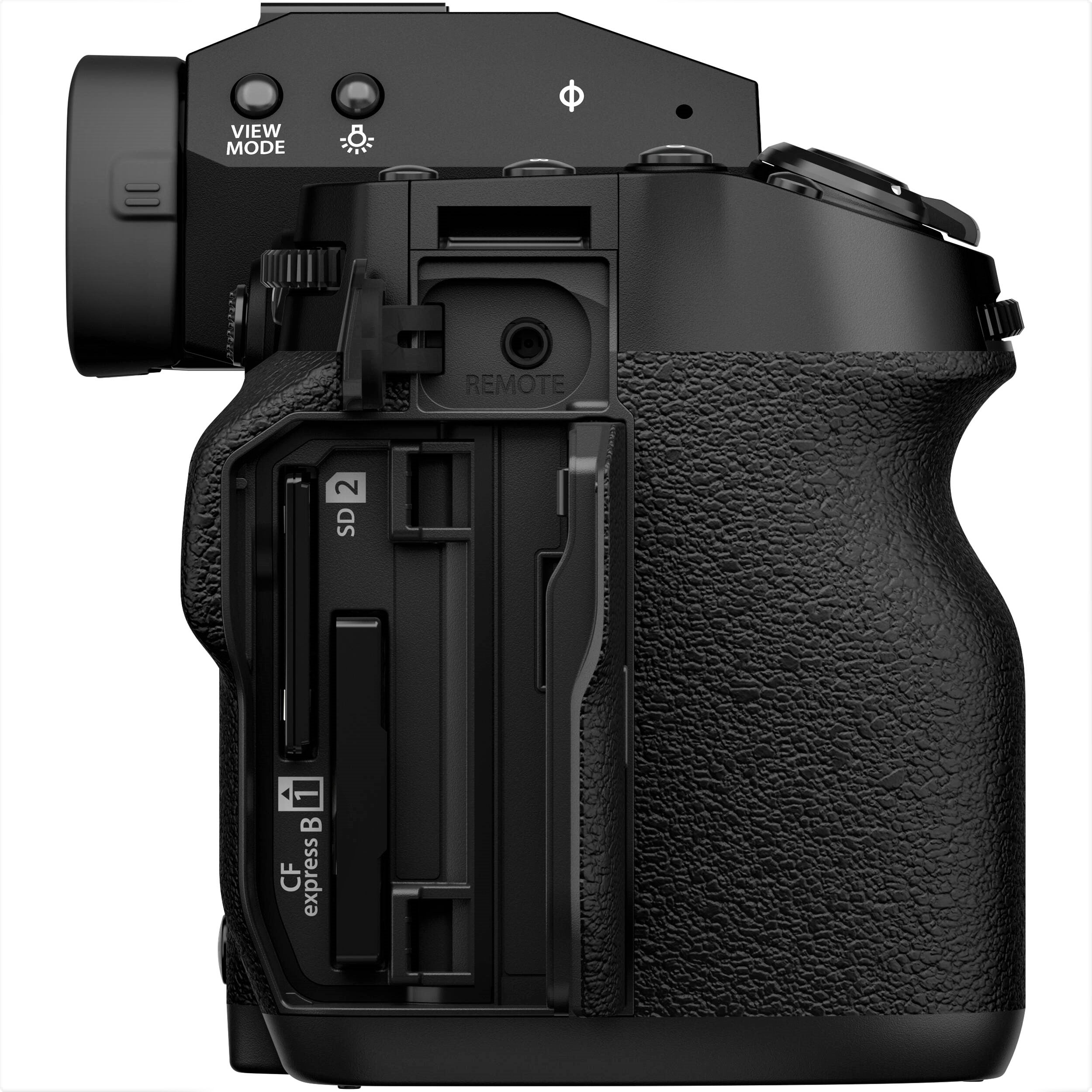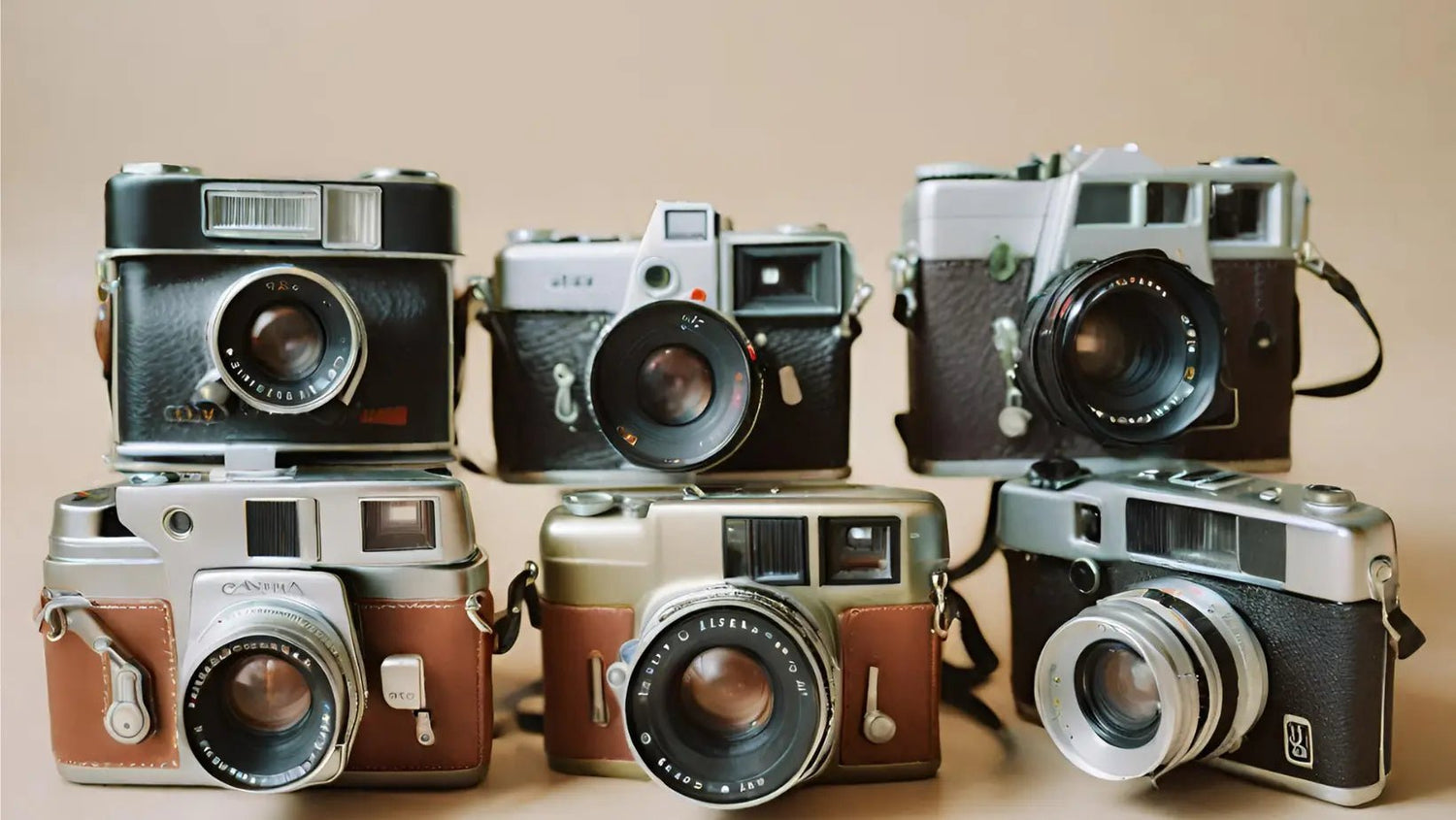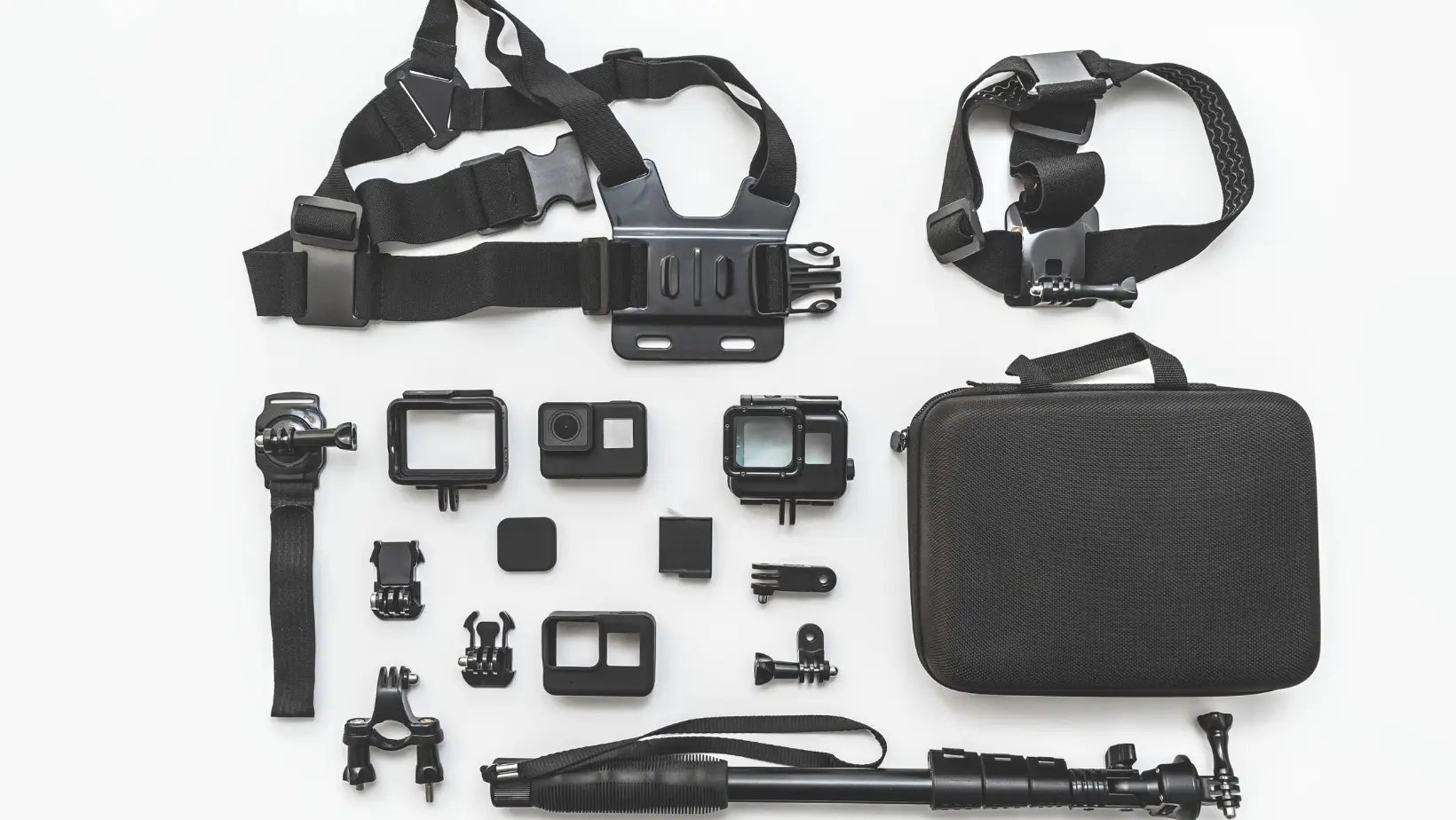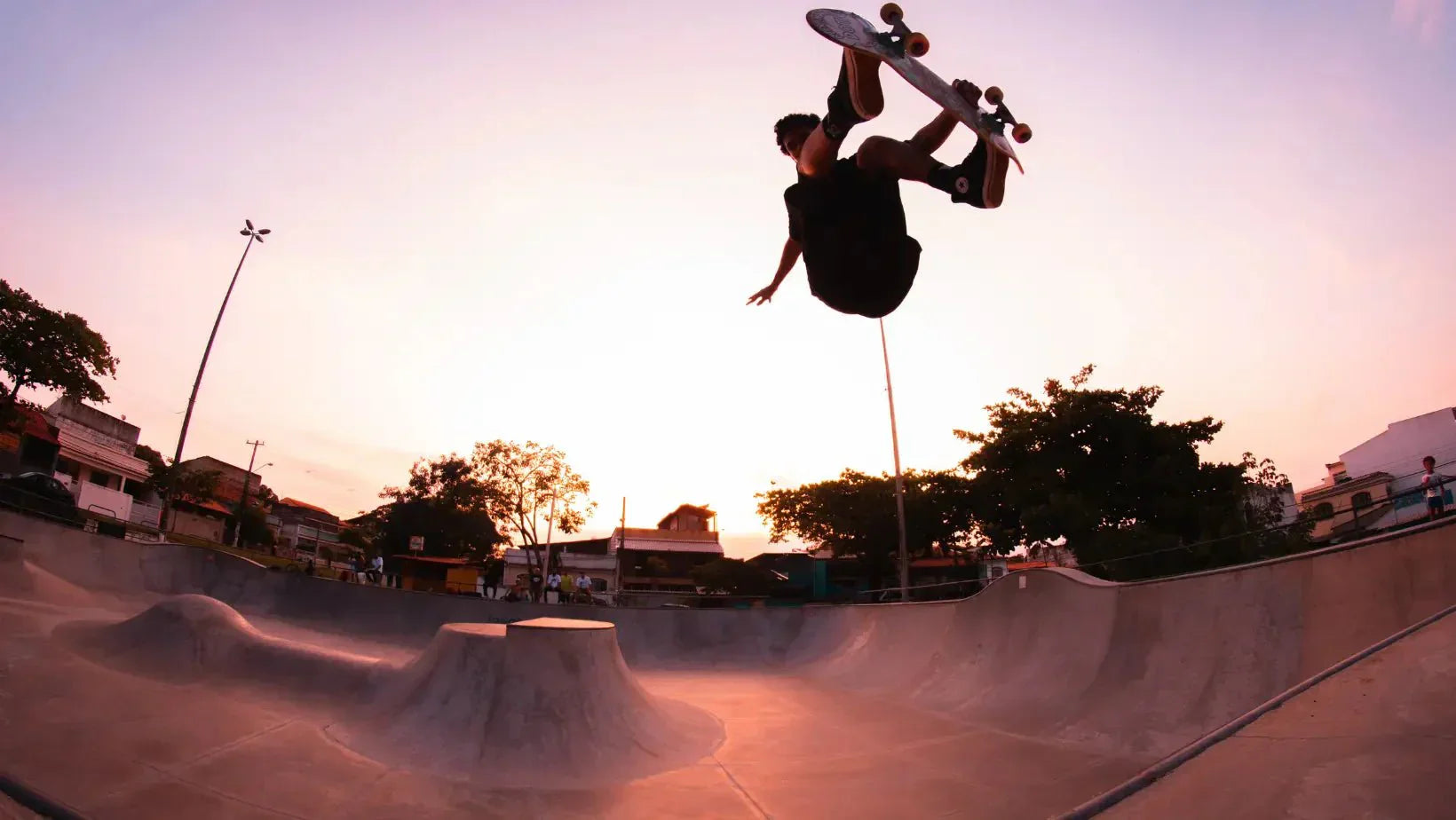Mastering Film Photography: The Best Beginner Film Cameras
Today, digital technology is everywhere. Yet, film photography still fascinates many. Film's magic is in its authentic and nostalgic feel, something digital cameras can't always match.
For those beginning this artistic journey, choosing the right camera is essential. This detailed guide will simplify film photography. It offers insights into the best film cameras for beginners. Plus, it answers important questions to help you start your photographic journey confidently.
What are Film Cameras?

Before we get into the details, it's crucial to know what film cameras are. Unlike digital cameras, film cameras capture pictures on light-sensitive film. This means photographers need to manually adjust settings like focus, aperture, and shutter speed. It's a more hands-on process.
The result is not just an image, but a piece of art, each frame reflecting the photographer's skill and perspective.
Is Filming Expensive to Pursue as a Career?

Many new photographers ask if film photography costs a lot. The truth is, it varies. Just like any art, it can be cheap or expensive. It all depends on your choices.
While some film cameras and accessories can be costly, there are numerous budget-friendly options perfect for beginners. The key is to start with the basics and gradually invest in more advanced equipment as your skills and passion grow.
How to Choose a Film Camera?

Choosing a film camera can be daunting for beginners. Consider factors like ease of use, durability, and the type of photography you're interested in. Do you prefer the simplicity of a point-and-shoot or the control offered by an SLR?
Understanding these preferences will guide you in selecting the perfect camera for your needs.
- Determine Your Level: Assess if you're a beginner, intermediate, or advanced photographer to match a camera to your skill level.
- Decide on a Type: Choose between SLR (Single-Lens Reflex), point-and-shoot, or rangefinder cameras based on your comfort and needs.
- Consider Film Format: Decide on the film size - 35mm is common and accessible, while medium format offers higher quality but at a higher cost.
- Check Lens Compatibility: Ensure the camera is compatible with a range of lenses if you plan to experiment with different photography styles.
- Manual vs. Automatic: Decide if you want a fully manual camera for learning and control, or prefer some automatic features for ease of use.
- Budget: Set a budget considering not just the camera cost, but also film, developing, and potential repairs.
- Research Durability: Look for a camera known for its durability, especially if buying a used model.
- Read Reviews: Check reviews and forums for user experiences, especially regarding ease of use and reliability.
- Consider Size and Weight: Think about the camera’s portability, especially if you plan to carry it frequently.
- Availability of Film and Developing Services: Ensure you have access to film and developing services suitable for your chosen camera and film type.
Here are some of the best film cameras for beginners:
Canon AE-1

The Canon AE-1 is renowned for its ease of use and reliability, making it an excellent choice for those new to film photography. It offers a perfect blend of manual and automatic features, allowing beginners to learn at their own pace.
Pros:
- User-Friendly: Automatic exposure modes alongside manual settings.
- Durable Design: Robust build quality.
- Wide Lens Availability: Compatible with a vast range of Canon FD lenses.
- Affordable: One of the more budget-friendly SLRs.
Cons:
- Battery Dependent: Requires batteries for operation.
- Limited Advanced Features: Might be too basic for more experienced photographers.
Nikon F3

The Nikon F3 is a professional-level camera that's surprisingly suitable for beginners due to its intuitive design and robust build. It's a camera that beginners can grow into as they advance their skills.
Pros:
- Highly Durable: Professional build quality.
- Flexible: Offers both manual and semi-automatic modes.
- Excellent Viewfinder: Clear and informative viewfinder display.
- Wide Lens Compatibility: Compatible with a vast array of Nikon lenses.
Cons:
- Higher Price Point: More expensive than other beginner models.
- Slightly Complex: Might be overwhelming initially for absolute beginners.
Leica MP

The Leica MP, with its simplistic mechanical operation and unmatched build quality, offers beginners a pure photography experience. It's a camera that encourages mastering the fundamentals.
Pros:
- Exceptional Build Quality: Durable and designed to last.
- Simplicity: Fully mechanical, encouraging learning.
- Compact and Stylish: Portable and aesthetically pleasing.
- Superior Image Quality: Known for high-quality image output.
Cons:
- Expensive: One of the pricier options for beginners.
- Fully Manual: Lacks any form of automatic exposure control.
Fujifilm GW690
The Fujifilm GW690, known as the 'Texas Leica', offers medium format quality in a relatively simple and straightforward package, making it great for beginners interested in higher-quality images.
Pros:
- Medium Format: Offers superior image quality with larger negatives.
- Simple to Use: Basic and straightforward controls.
- Rangefinder Design: Easy focusing system.
- Excellent Lens Quality: Sharp and high-quality lens..
Cons:
- Bulky Size: Larger and heavier than 35mm cameras.
- Fixed Lens: No option to change lenses.
Pentax K1000

The Pentax K1000 is famed for its simplicity and durability. It's an all-manual camera, making it an ideal tool for learning the basics of film photography.
Pros:
- Fully Manual Operation: Great for learning the basics.
- Durable: Tough and reliable build.
- Affordable: One of the most budget-friendly options.
- Wide Lens Compatibility: Accepts a variety of K-mount lenses.
Cons:
- No Automatic Features: Lacks any auto exposure or focus features.
- Basic Functionality: Might be too basic for those seeking advanced features.
Each of these cameras offers a unique entry point into the world of film photography, catering to different preferences and learning curves.
Whether you prioritize ease of use, the desire to learn manual settings, or a specific aesthetic, there's a camera here that can meet your needs as a beginner in film photography.
Why are Film Cameras So Expensive?
Film cameras can be pricey. Their intricate mechanics contribute to the cost. Plus, they're popular in a niche market. Vintage ones? They're collectibles now. That's why they cost more. But don't worry. Beginners can still find many affordable options.
Are Film Cameras Worth It?

Despite the cost, film cameras offer an unparalleled photographic experience. The tactile feel of loading film, the anticipation of developing pictures, and the unique quality of each shot make film photography a worthwhile pursuit for those passionate about the craft.
Reasons why film cameras are worth it:
- Unique Aesthetic: Film offers a distinct look with natural grain and color rendition that digital cameras often struggle to replicate.
- Learning the Basics: Using a film camera enhances understanding of core photographic principles like exposure and composition, as it requires manual control and thoughtful shooting.
- Tangible Memories: Film photography creates physical prints, providing a more tangible and lasting connection to memories.
- Patience and Mindfulness: The process of shooting with film fosters patience and a more deliberate, mindful approach to photography.
- High-Quality Images: Film cameras, especially in medium and large formats, can produce high-resolution images with a level of detail and dynamic range that is exceptional.
- Durability and Longevity: Many film cameras are robust and long-lasting, often continuing to function well for decades.
- Creative Exploration: Different types of film and development processes allow for creative experimentation not easily replicated in digital photography.
Conclusion
Taking on the path of film photography is an exciting career. While the learning curve can be steep, the satisfaction of capturing moments through a film lens is unmatched.
The cameras listed in this guide offer a great starting point for beginners, balancing ease of use with the opportunity to learn and grow. Remember, the best camera is the one that resonates with your style and inspires you to explore the world through its lens.
Are you ready to start your film photography journey? Share your thoughts and questions in the comments below, and let's embark on this artistic adventure together!
Visit Nuzira to learn more about Filming!

